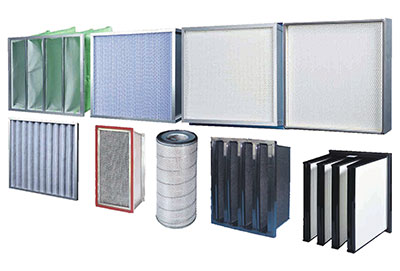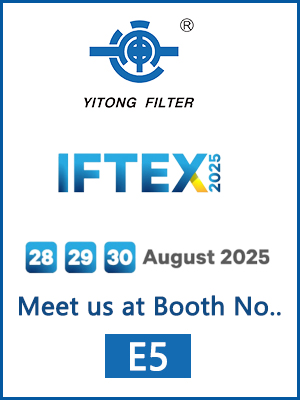 April 10, 2024
April 10, 2024
In mushroom farming, maintaining the right environmental conditions is crucial for healthy growth and optimal yield. Air quality plays a significant role in this process, as mushrooms require a specific balance of humidity and fresh air, while being protected from contaminants like bacteria, mold spores, and pests. This is where air filtration systems become essential in a mushroom farming setup, especially in indoor or controlled environment agriculture (CEA) settings.

Types of Air Filters Used in Mushroom Farming:
1. **HEPA Filters (High-Efficiency Particulate Air Filters):**
- **Description:** These filters can remove at least 99.97% of dust, pollen, mold, bacteria, and any airborne particles with a size of 0.3 microns (µm).
- **Use in Mushroom Farming:** HEPA filters are particularly useful in the inoculation and incubation rooms to prevent contamination of mushroom cultures and substrates.
2. **ULPA Filters (Ultra-Low Particulate Air Filters):**
- **Description:** ULPA filters are even more efficient than HEPA filters, with the ability to remove 99.999% of dust, pollen, mold, bacteria, and other airborne particles of size 0.12 microns or more.
- **Use in Mushroom Farming:** These are used in scenarios where extremely high air purity is necessary, though they're less common due to higher costs and increased air resistance.
3. **Activated Carbon Filters:**
- **Description:** These filters are not for removing particulates, but rather for adsorbing gases and odors from the air.
- **Use in Mushroom Farming:** Useful in removing volatile organic compounds (VOCs) and odors, ensuring that the air remains fresh and free of harmful gases.
4. **Pre-filters:**
- **Description:** These are used to capture larger particles before the air passes through finer filters like HEPA or ULPA filters, thus extending the life of these more expensive filters.
- **Use in Mushroom Farming:** Often used as a first stage in air filtration systems to remove larger particles and protect finer filters.
5. **Merv Filters:**
- **Description:** The Minimum Efficiency Reporting Value (MERV) rating measures how effectively the filter captures larger particles between 0.3 and 10 microns.
- **Use in Mushroom Farming:** MERV-rated filters might be used in less critical areas of a mushroom farm or as part of a multi-stage air filtration strategy.
Considerations for Choosing Air Filters in Mushroom Farming:
- **Airflow Requirements:** The chosen filter must support the airflow needs of the mushroom growing area without significantly reducing air circulation.
- **Filter Efficiency:** The efficiency needs of the filter depend on the stage of mushroom growth and the specific requirements for air purity.
- **Maintenance and Cost:** Filters need regular replacement or cleaning, so it's important to consider the ongoing maintenance costs and the initial investment.
- **Energy Consumption:** High-efficiency filters can increase air resistance, requiring more powerful fans and thus consuming more energy.
Implementation:
Air filtration systems are typically integrated into the HVAC (Heating, Ventilation, and Air Conditioning) systems of indoor mushroom farms. Proper design ensures that clean, filtered air is distributed evenly throughout the growing spaces, with special attention to critical areas like spawn labs and fruiting rooms.
Remember, the specific setup and choice of filters will depend on the scale of the operation, the types of mushrooms being cultivated, and local environmental conditions. Consulting with HVAC experts and agricultural engineers who specialize in mushroom cultivation can help tailor the air filtration system to meet the unique needs of a mushroom farming operation.

